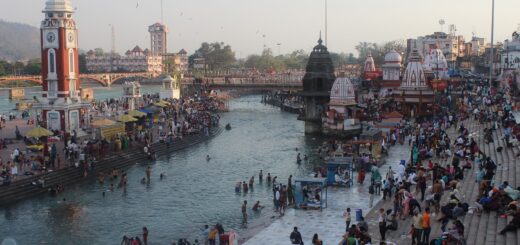Classical period (200 BCE– 650 CE)
Early classical period (200 BCE – 320 CE)
From roughly 200 BCE to 320 CE, there was an era known as the Early Classical Period in the history of ancient India. The Shunga Empire, Satavahana Empire, and Kushan Empire were just a few of the strong empires that rose to prominence in India during this time.
Following the collapse of the Mauryan Empire, the Shunga Empire was established in 185 BCE, and it ruled over a large portion of northern and central India for more than a century. The Shunga emperors promoted Buddhism while reviving Hinduism's Brahmanical traditions. Another significant force in the Early Classical Period was the Satavahana Empire, which ruled much of central India and the Deccan plateau. The Satavahanas were renowned for their support of Buddhism and played a significant role in its development throughout Southeast Asia and Sri Lanka.
The Early Classical Period saw a large contribution from the Silk Road, a major trading route that linked China to the Mediterranean and allowed for the interchange of products, ideas, and cultures between India and the rest of the globe. Another strong empire that ruled over portions of modern-day Pakistan, Afghanistan, and northern India was the Kushan Empire, which rose in the first century CE. The Kushans were renowned for their acceptance of other faiths, including Buddhism, Hinduism, and Zoroastrianism, and their empire greatly contributed to the development of Buddhism throughout Central Asia and China.

















